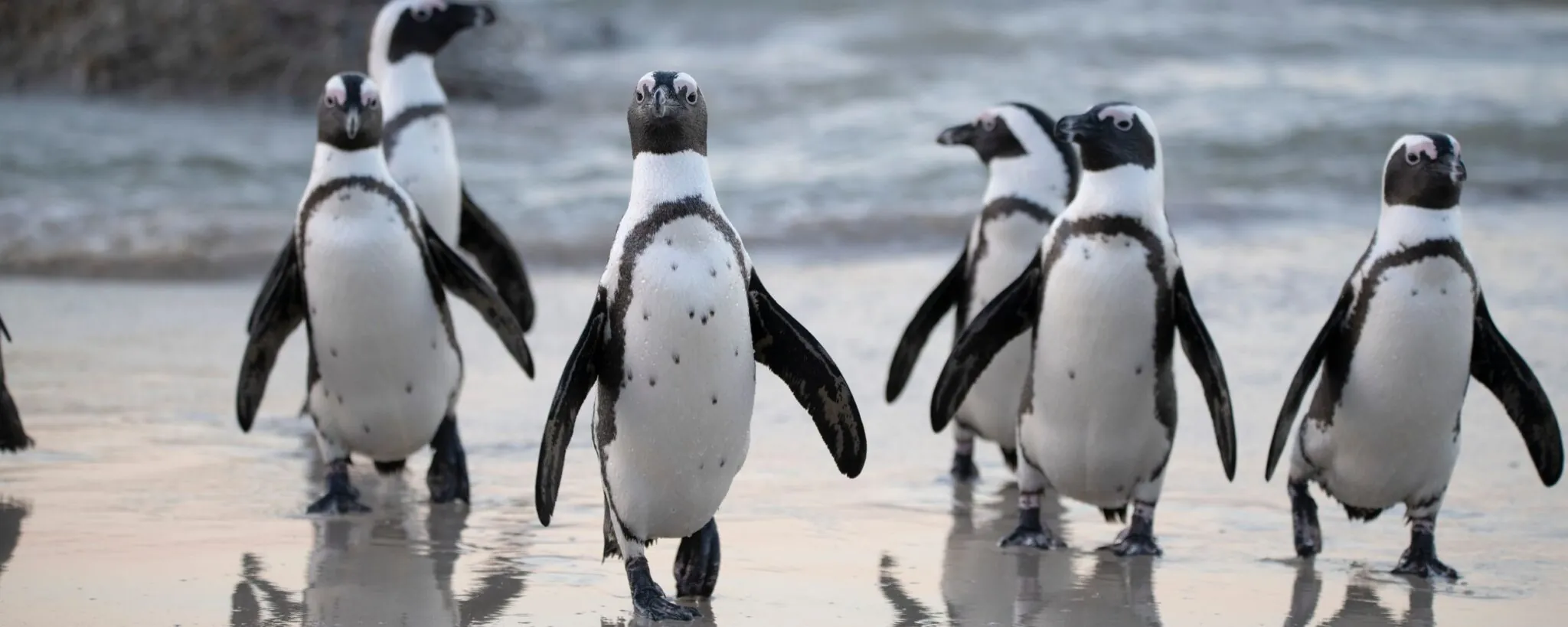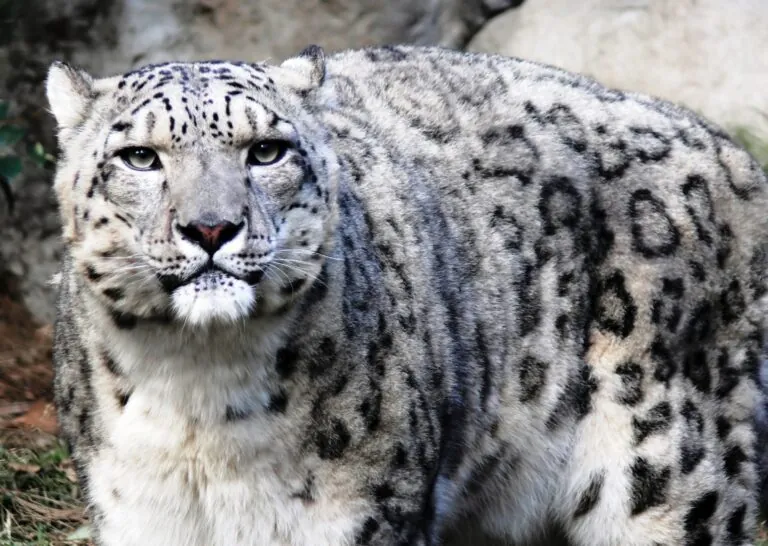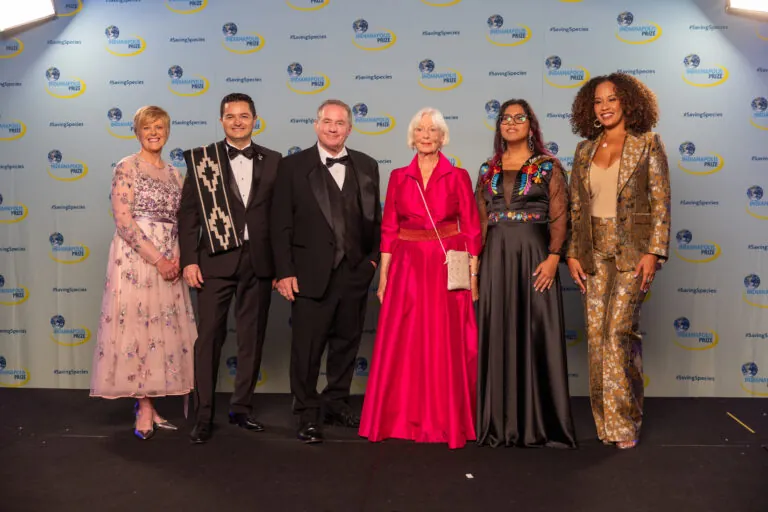
Indianapolis Prize Nominations
Celebrate Conservation Heroes
Indianapolis Prize nominations will reopen in June of 2025.
The Indianapolis Prize
Who Qualifies?
An individual must have accomplished an achievement or series of achievements that have resulted in a demonstrable, positive impact on an animal species or group of species that improved long-term survival. Consideration will be given to various aspects, including challenges overcome, quality of science involved and measurable outcomes resulting from work. The impact of achievements under consideration must be clearly recognizable when evaluated by the Nominating Committee and Jury.

Submit a Nomination
For complete guidelines and to learn more about the nominating process, send an email to nomination@indianapolisprize.org or call 317-630-2004.

2025 Indianapolis Prize Timeline
- Nominees are announced in October 2024
- DeHaan Finalists are announced in March 2025
- Winner is announced in May 2025
- 2025 Indianapolis Prize Gala will be held on September 27, 2025

